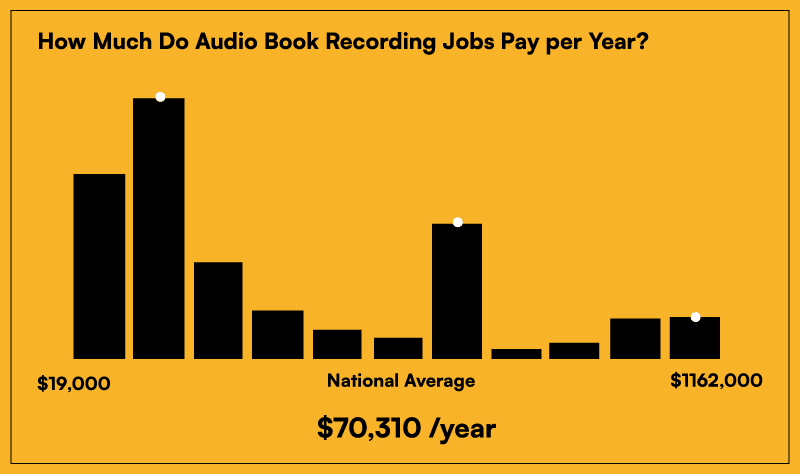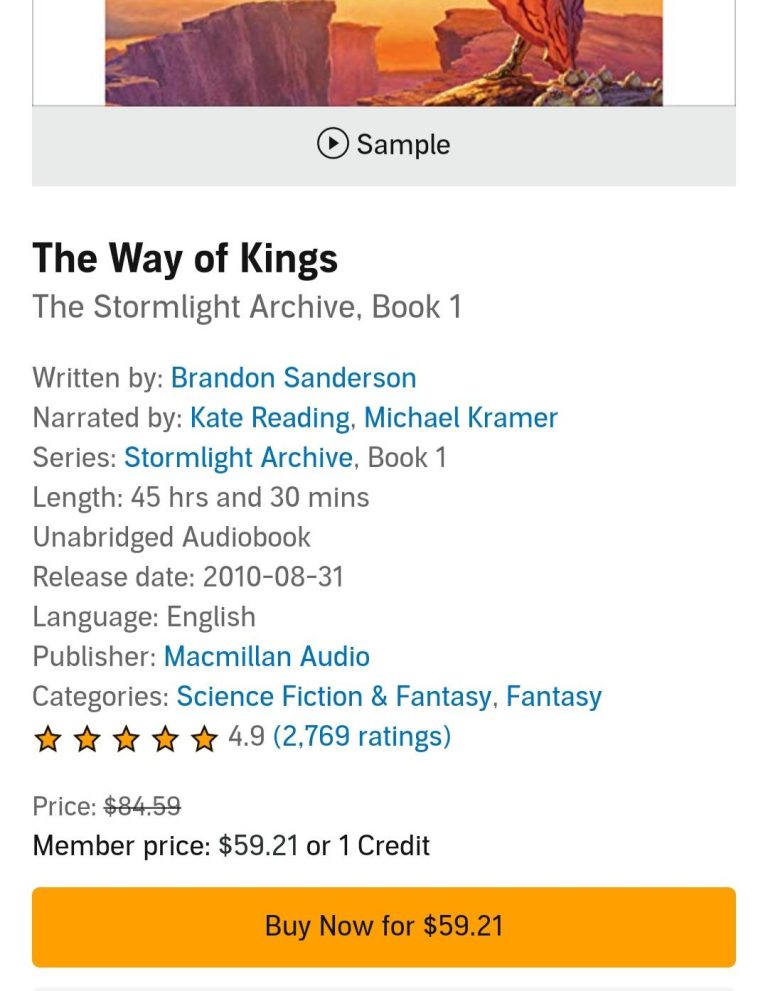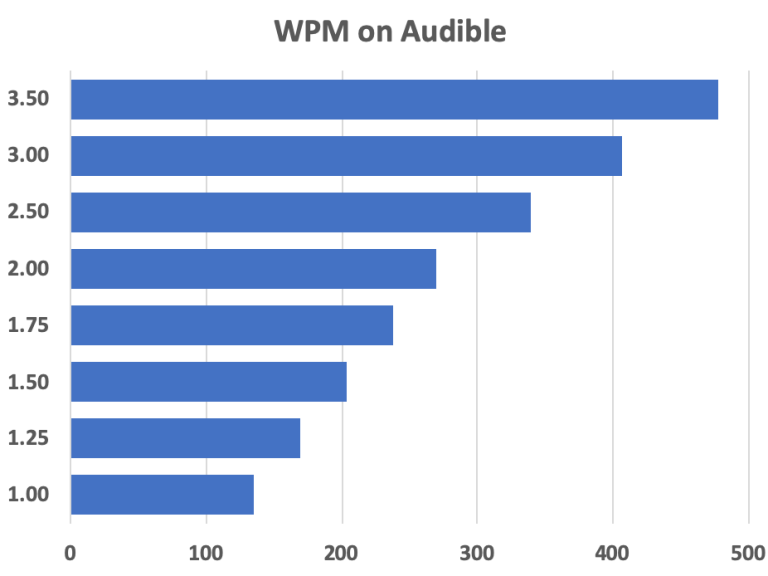How Much Does A Narrator Get Paid?
So, you’re curious about the world of narration and how much those talented voices behind audiobooks, documentaries, and commercials get paid? Well, you’ve come to the right place! In this article, we’ll dive into the fascinating realm of narrator salaries and uncover the secrets behind their earning potential.
When it comes to the question, “How much does a narrator get paid?” the answer can vary widely. It’s important to note that many factors come into play, such as the narrator’s experience, the project’s scope, and the platform on which the content is distributed. From seasoned professionals to aspiring newcomers, the world of narration offers a range of opportunities to showcase vocal talent while earning a living. So, let’s embark on this journey together and discover the ins and outs of the narrator’s paycheck. Get ready for some eye-opening insights!

How Much Does a Narrator Get Paid?
Being a narrator can be a rewarding and exciting career choice for those with a passion for storytelling and a captivating voice. But one question that often comes to mind is, “How much does a narrator get paid?” In this article, we will delve into the world of narration and explore the factors that influence a narrator’s earning potential.
Factors Influencing Narrator Pay
When it comes to determining how much a narrator gets paid, there are several key factors to consider. These factors can vary depending on the type of narration work, the narrator’s experience and reputation, and the industry standards. Let’s take a closer look at some of the factors that influence narrator pay:
1. Type of Narration Work: The type of narration work can greatly impact a narrator’s pay. For example, narrating audiobooks, commercials, documentaries, video games, or corporate training materials may have different pay scales. Each type of narration work requires a different skill set and level of expertise, which can affect the compensation.
2. Experience and Reputation: Like any profession, experience and reputation play a significant role in determining a narrator’s pay. Narrators with a proven track record of successful projects and positive reviews are likely to command higher rates. As narrators gain more experience and build their reputation in the industry, they can negotiate higher fees for their services.
3. Length and Complexity of the Project: The length and complexity of the project also contribute to the narrator’s pay. Longer projects or those with intricate storylines may require more time and effort from the narrator, resulting in higher compensation. Additionally, projects that require specialized skills, such as character voices or accents, may command higher rates.
4. Royalties and Royalty Share Agreements: In some cases, narrators may receive royalties or enter into royalty share agreements. Royalties are a percentage of the sales or revenue generated by the project, such as audiobook sales. While royalties can provide a steady stream of income over time, they may not guarantee immediate or substantial earnings.
Industry Standards for Narrator Pay
Understanding industry standards for narrator pay can help aspiring narrators set realistic expectations. While rates can vary depending on the factors mentioned above, here are some general guidelines:
1. Audiobooks: Audiobook narrators may earn an average of $100 to $400 per finished hour. This rate can vary based on the narrator’s experience, the publisher, and the popularity of the book.
2. Commercials and Promos: Narrators for commercials and promotional materials may earn anywhere from $150 to $1,000 per project. Rates can be influenced by factors such as the length of the commercial, the target audience, and the scope of the campaign.
3. Documentaries and Corporate Narration: Narrators for documentaries and corporate training materials can earn approximately $200 to $500 per hour of finished audio. Rates can vary based on the complexity of the content and the intended audience.
It’s important to note that these figures are just rough estimates and can vary significantly depending on the narrator’s experience, the project’s scope, and the industry. Rates may also differ between union and non-union projects, with union projects generally offering higher pay.
Benefits of Narrator Work
While the financial aspects are important, it’s also worth considering the benefits of being a narrator beyond the paycheck. Here are some advantages of narrator work:
1. Flexibility: Narration work often offers flexibility in terms of scheduling and location. Many narrators have the freedom to work from home or set their own hours, allowing for a better work-life balance.
2. Creative Expression: Narration allows individuals to tap into their creative side and bring stories to life through their voice. It’s a form of artistic expression that can be fulfilling and personally rewarding.
3. Diverse Range of Projects: Narrators have the opportunity to work on a diverse range of projects, from audiobooks to commercials to video games. This variety keeps the work interesting and allows narrators to continually expand their skills.
4. Contribution to the Entertainment Industry: Narrators play a crucial role in the entertainment industry by bringing stories and characters to audiences worldwide. Being a part of this creative process can be deeply gratifying.
In conclusion, the amount a narrator gets paid can vary based on several factors, including the type of narration work, experience, project length and complexity, and industry standards. While rates may vary, narration offers not only financial rewards but also flexibility, creative expression, and the opportunity to contribute to the entertainment industry. So, if you have a passion for storytelling and a captivating voice, pursuing a career as a narrator can be both financially and personally fulfilling.
Key Takeaways: How much does a narrator get paid?
- Narrator pay varies depending on factors such as experience, project type, and industry.
- Entry-level narrators can earn around $100-$300 per finished hour of audio.
- Experienced narrators may earn $200-$400 per finished hour or more.
- Some narrators negotiate a flat rate for projects instead of hourly pay.
- The popularity and success of the audiobook can also affect the narrator’s pay.
Frequently Asked Questions:
1. How do narrators get paid?
When it comes to payment, narrators can be compensated in various ways. One common method is through a flat fee or a project rate. In these cases, the narrator and the client agree on a set amount for the entire project. Another option is a per finished hour (PFH) rate, where the narrator is paid for each hour of finished audio. The PFH rate can vary depending on factors such as the narrator’s experience and the type of project.
Additionally, some narrators may also receive royalties or a percentage of the book sales or audiobook downloads. This arrangement is more common for narrators who work on projects that have a higher chance of generating substantial sales. The exact payment structure can vary depending on the agreement between the narrator and the client or publisher.
2. Are there different payment rates for narrators based on their experience?
Yes, the payment rates for narrators can vary based on their experience. Generally, more experienced narrators command higher rates due to their expertise and reputation in the industry. These narrators may have a track record of successful projects and a distinct style that makes them sought after by clients and publishers.
On the other hand, newer or lesser-known narrators may charge lower rates to gain more exposure and build their portfolio. As they gain experience and establish themselves in the industry, they can gradually increase their rates. It’s important to note that rates can also be influenced by other factors such as the length and complexity of the project, the target audience, and the narrator’s specific skills or accents required for the narration.
3. Do narrators receive any additional compensation apart from their payment?
Yes, in some cases, narrators may receive additional compensation apart from their payment. One such form of compensation is royalty shares. This means that the narrator receives a percentage of the sales or downloads of the audiobook. Royalty shares are more commonly offered to narrators who work on projects that have a higher potential for sales, such as popular novels or best-selling non-fiction books.
Furthermore, some narrators may also negotiate for a bonus or a higher rate if the audiobook reaches certain sales milestones or achieves critical acclaim. These additional forms of compensation can serve as incentives for narrators to give their best performance and actively promote the audiobook.
4. Are there any union rates for narrators?
Yes, there are union rates for narrators who are members of organizations such as the Screen Actors Guild (SAG-AFTRA). These union rates are often set through collective bargaining agreements and ensure that narrators receive fair compensation for their work. The specific rates may vary depending on factors such as the type of project, the distribution platform, and the duration of the narration.
Being part of a union can provide narrators with certain benefits, including access to health insurance, retirement plans, and protection of their rights and working conditions. However, it’s important to note that not all narrators are part of unions, and non-union narrators negotiate their rates independently with clients or publishers.
5. How can narrators increase their earning potential?
To increase their earning potential, narrators can take several steps. Firstly, investing in professional training and honing their skills can help narrators stand out and command higher rates. Continuing education and staying updated with industry trends can also contribute to their expertise and make them more appealing to clients and publishers.
Building a strong portfolio by working on a variety of projects and genres can also help narrators attract more clients and opportunities. Networking within the industry, attending conferences, and joining professional organizations can lead to valuable connections and referrals. Additionally, actively marketing themselves through a professional website, social media, and online platforms can help narrators expand their reach and attract potential clients.
💯 TRUTH! How Much Do Narrators Make on ACX? Is the Side Hustle WORTH IT? Narrating for Audible
Final Summary: How much does a narrator get paid?
So, we’ve delved into the intriguing world of narrators and explored the question on everyone’s mind: how much do they actually get paid? While there isn’t a definitive answer that applies to every narrator, we can certainly shed some light on the matter.
When it comes to narrator pay, it all boils down to a variety of factors. The experience and skill level of the narrator, the type of project they’re working on, and the platform or medium through which their narration is being distributed all play a significant role in determining their compensation. Additionally, the duration and complexity of the project can also influence the final paycheck.
While there isn’t a one-size-fits-all answer, it’s safe to say that narrators can earn a decent income if they establish themselves in the industry. Established narrators can command higher fees, especially if they have a recognizable voice or a substantial portfolio. However, for those just starting out, it may take some time to build a reputation and secure higher-paying gigs.
In conclusion, the pay scale for narrators varies widely and is influenced by multiple factors. It’s important for aspiring narrators to hone their skills, network within the industry, and continuously improve their craft to increase their earning potential. So, if you’re considering a career as a narrator, stay persistent, keep practicing, and who knows, you might just find yourself with a rewarding and lucrative profession.





